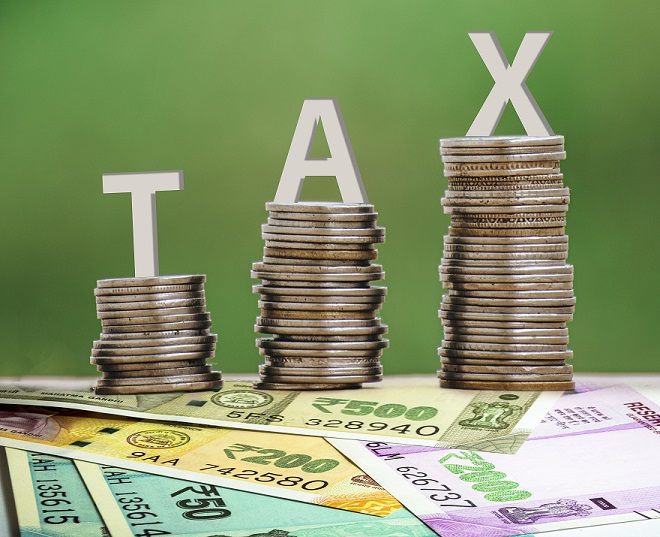 The yellow metal is currently under pressure, tumbling more than ten percent from its recent peak of $1366 an ounce in the overseas market. Gold prices have been witnessing wide swings since the start of this year due to dollar volatility and uncertain global geopolitical conditions.
The yellow metal is currently under pressure, tumbling more than ten percent from its recent peak of $1366 an ounce in the overseas market. Gold prices have been witnessing wide swings since the start of this year due to dollar volatility and uncertain global geopolitical conditions.
Gold had showcased an unprecedented run from 2004 to 2011, when prices of gold went up from $400 to $1,900 an ounce. Since peaking in 2011-12, gold is now trading down by 34 percent.
Gold’s appeal as a safe haven has dimmed recently with the ongoing global geopolitical tensions having little impact on prices. The yellow metal stayed weak even after reports of U.S sanctions on Iran, which is expected to hit oil supply and raise inflation. Moreover, gold responded cautiously towards the escalating worries over trade stand-off between U.S and its allies where most global financial markets and commodities tumbled down.
Another factor is the rising interest rate which is alarming for non-interest yielding assets like gold as well. The U.S Fed raised the borrowing rate twice this year and are on course to a further hike, backed by strong labour market and rising inflation. It is expected that U.S Central bank would increase the rates twice this year.
In the meantime, the US dollar is now attracting haven flows. A strong dollar is prompting traders to stay away from taking big bets on gold. A firm dollar makes gold expensive for holders of other currencies as gold priced in dollar. After the U.S administration imposing tariff on imports to the U.S, the dollar index strengthened and recently went up to its highest level since June 2017.
The bearish stance in gold was also accentuated by demand concerns from consumers like China and India, which form a huge market for the commodity. Gold imports by India have been declining for the last several months. In June, Indian gold imports waned to 44 tonnes, a straight sixth-month decline. Gold purchases have dropped about 25 percent year on year due to weak physical demand. Though weakness pertained in the overseas market, domestic gold rates are at peak levels owing to weak local currency and the premium charged by local traders. In the domestic market prices held well above Rs 30,000 a gram due to weak INR. Indian prices have been on an upside trajectory since the start of the year. Prices recovered from a low of Rs 28,055 to Rs 31,650 per ten gram during the initial six months of the year.
Looking ahead, the weak sentiments in prices is likely to continue unless there are any changes in key fundamentals. Nevertheless, prices are likely to display a mid-term turnaround. Policies taken by the U.S. Federal Reserve and its repercussion on U.S. currency, geopolitical factors like U.S China trade spat, global oil prices, performances of stock market and physical demand from China and India may sway the trend. On the domestic front, Government’s policy decisions, monsoon, rural income and currency fluctuations would be the trend-setter. With the current market fundamentals being unconducive for gold, a wait and watch approach may make sense for larger investments. Still, buying small quantities at periodic intervals with a view of holding for a longer period would be a better strategy.
Article first published in Moneycontrol.
Posted: July 2018










